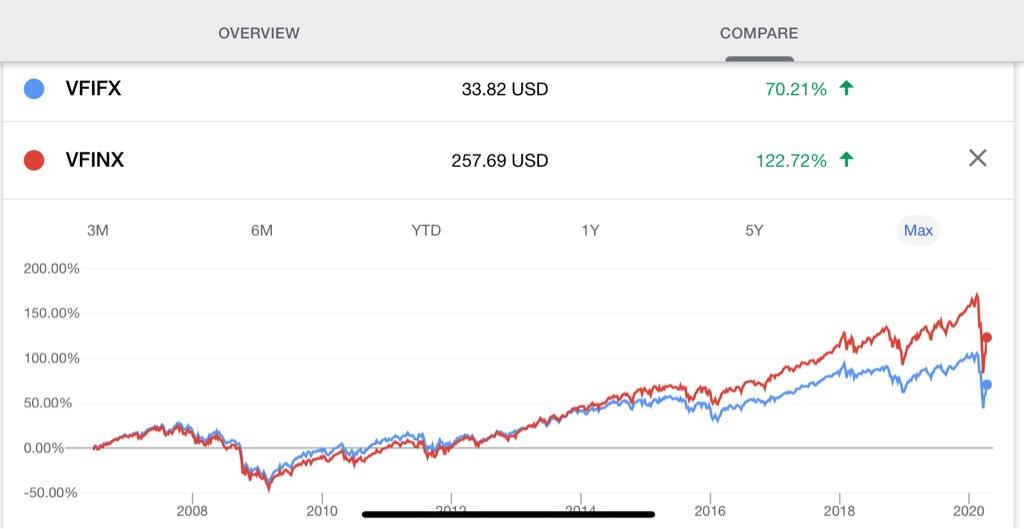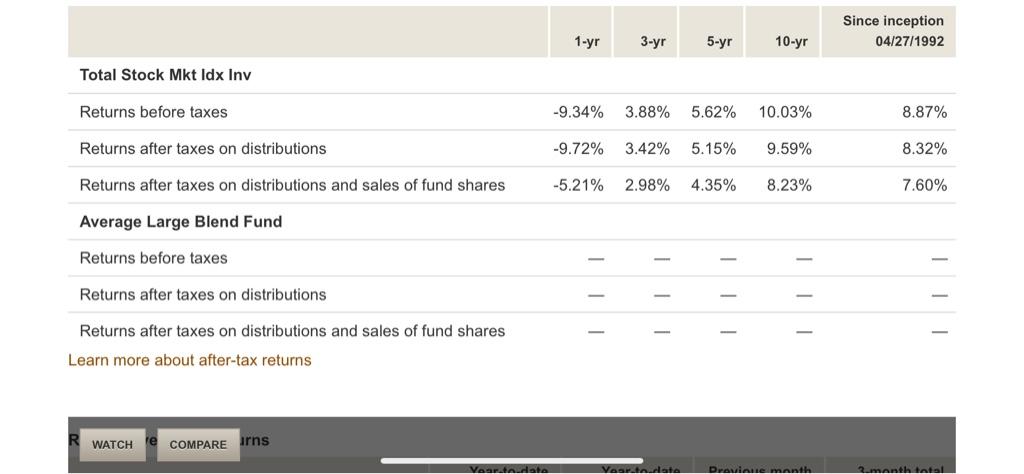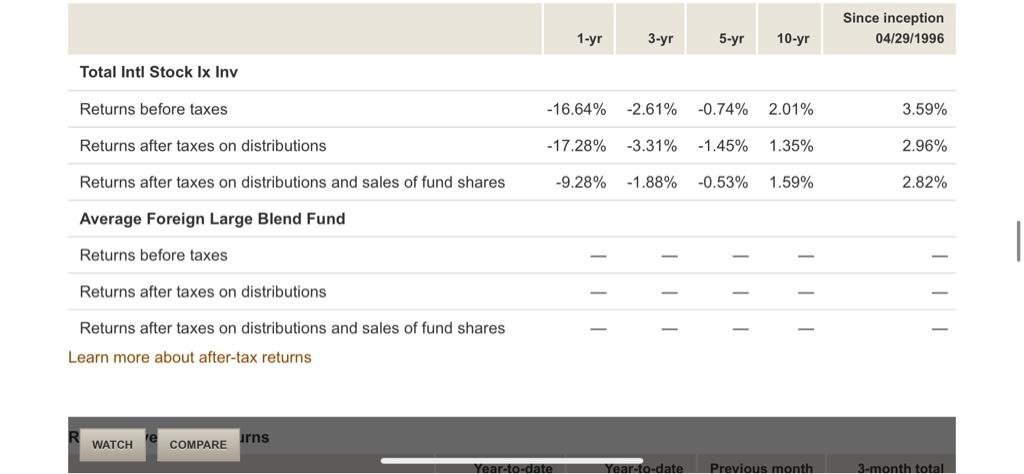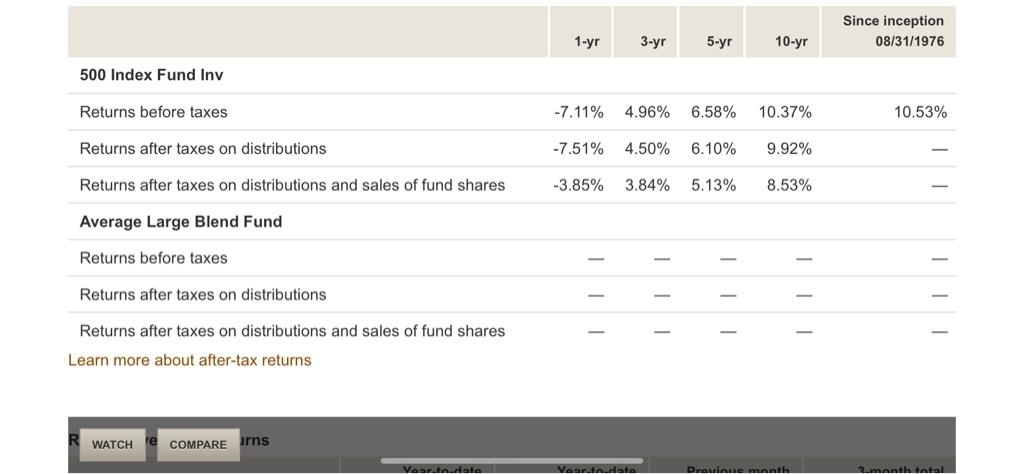Lando
Pre-takeoff checklist
I have an IRA that I don't anticipate adding anything significant to over the coming years, so I've been tossing around the idea of taking it away from our financial advisor and simply moving it to a self-managed Vanguard, Schwab, Fidelity, etc. account to reduce the fees we are currently being charged.
If my calculations are correct, a 1% reduction in fees would translate to a six-figure savings over the next 20 years...and that doesn't even factor in the value of the account rising over those 20 years.
Does anyone have pros/cons/recommendations of simply putting the money in a target retirement date fund vs. picking some ETF's or other mutual funds vs. leaving it with our current financial advisor? I'm busy enough with work and home life so don't see myself actively researching, monitoring and re-balancing accounts on my own.
If my calculations are correct, a 1% reduction in fees would translate to a six-figure savings over the next 20 years...and that doesn't even factor in the value of the account rising over those 20 years.
Does anyone have pros/cons/recommendations of simply putting the money in a target retirement date fund vs. picking some ETF's or other mutual funds vs. leaving it with our current financial advisor? I'm busy enough with work and home life so don't see myself actively researching, monitoring and re-balancing accounts on my own.







